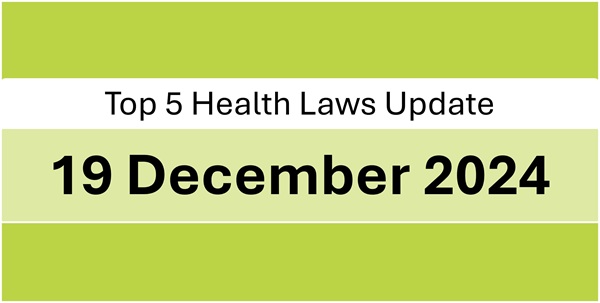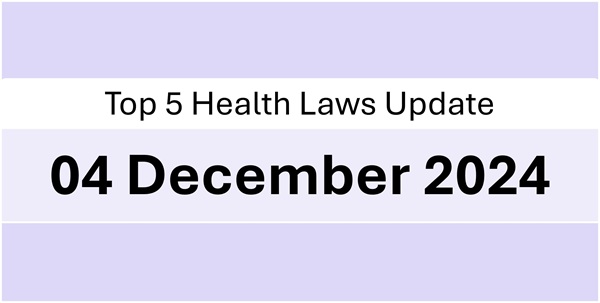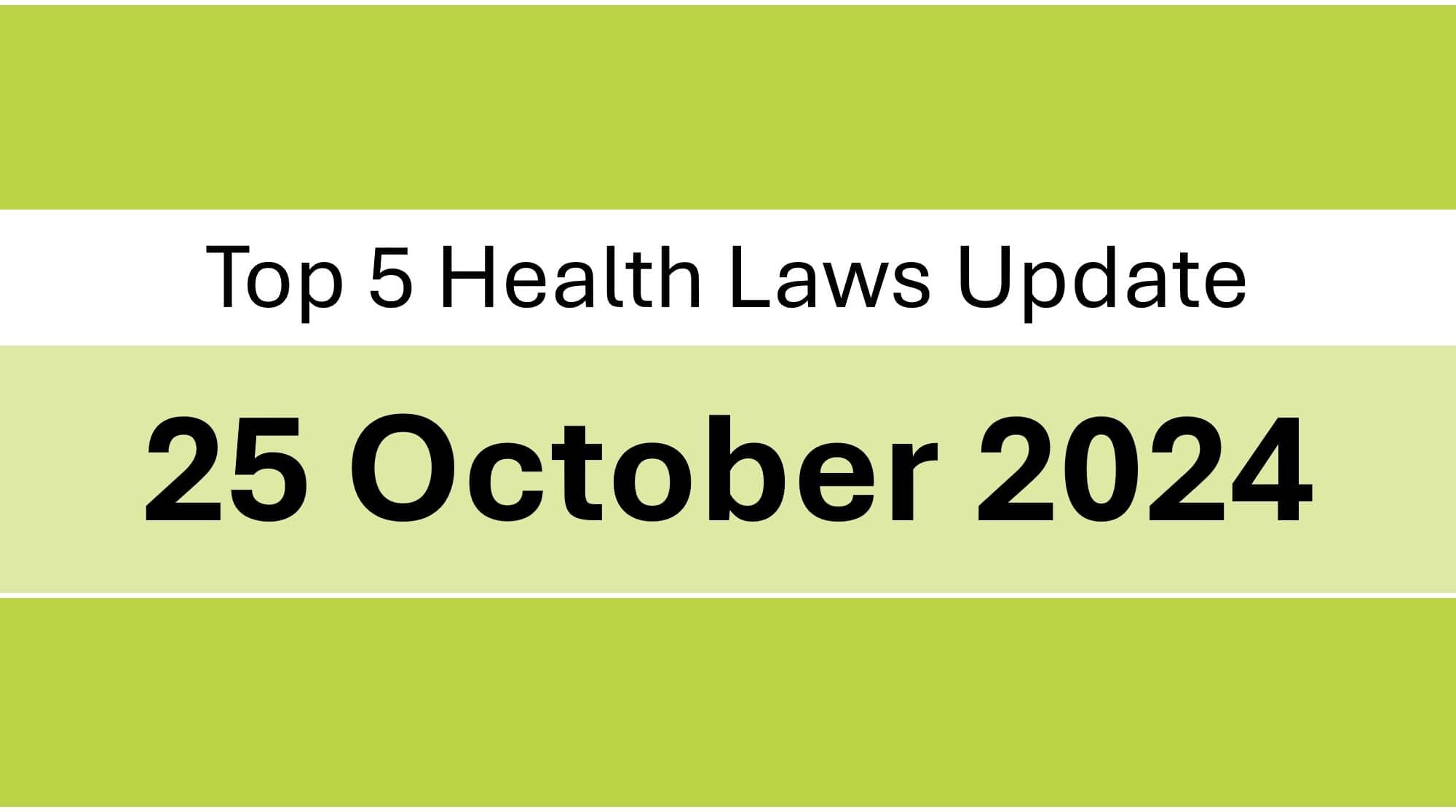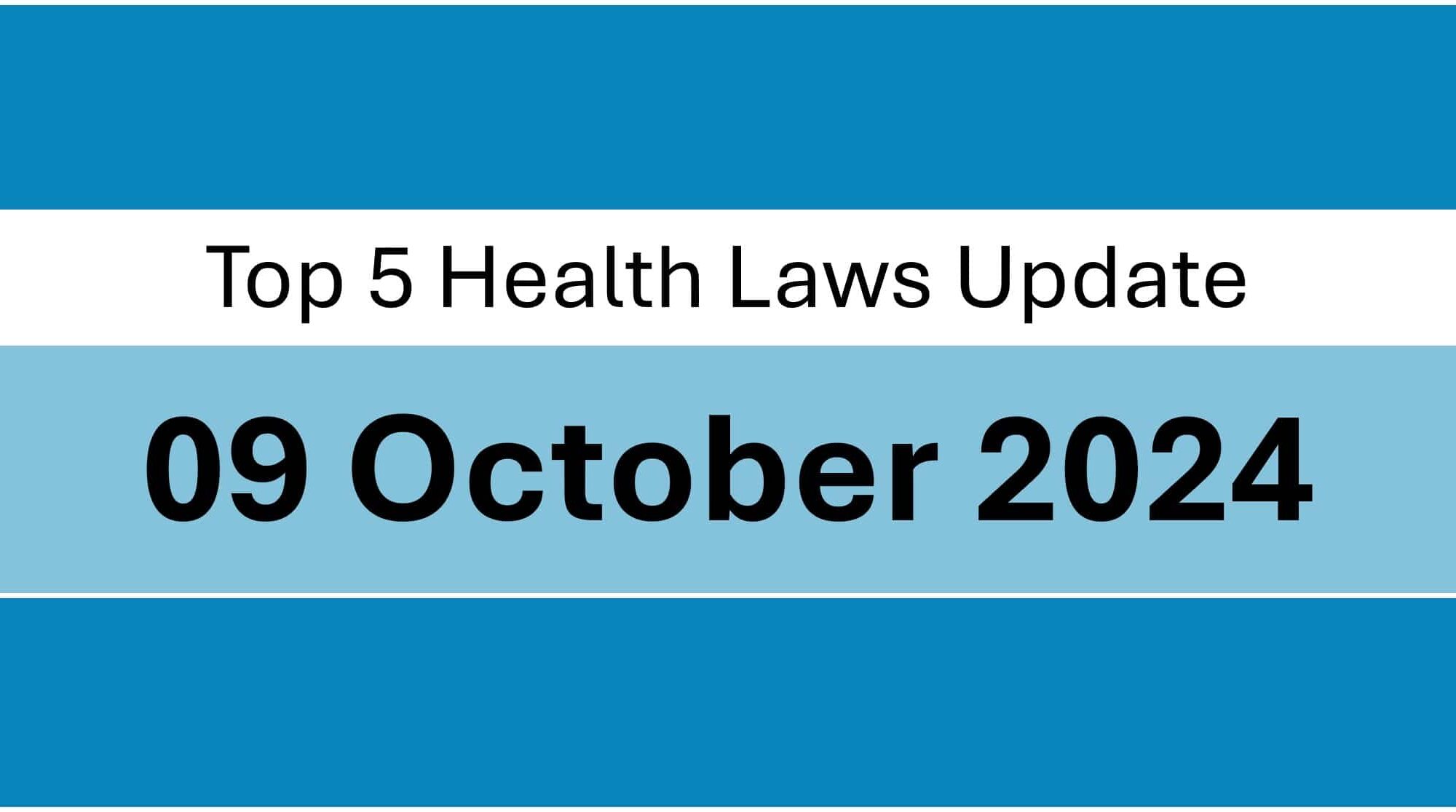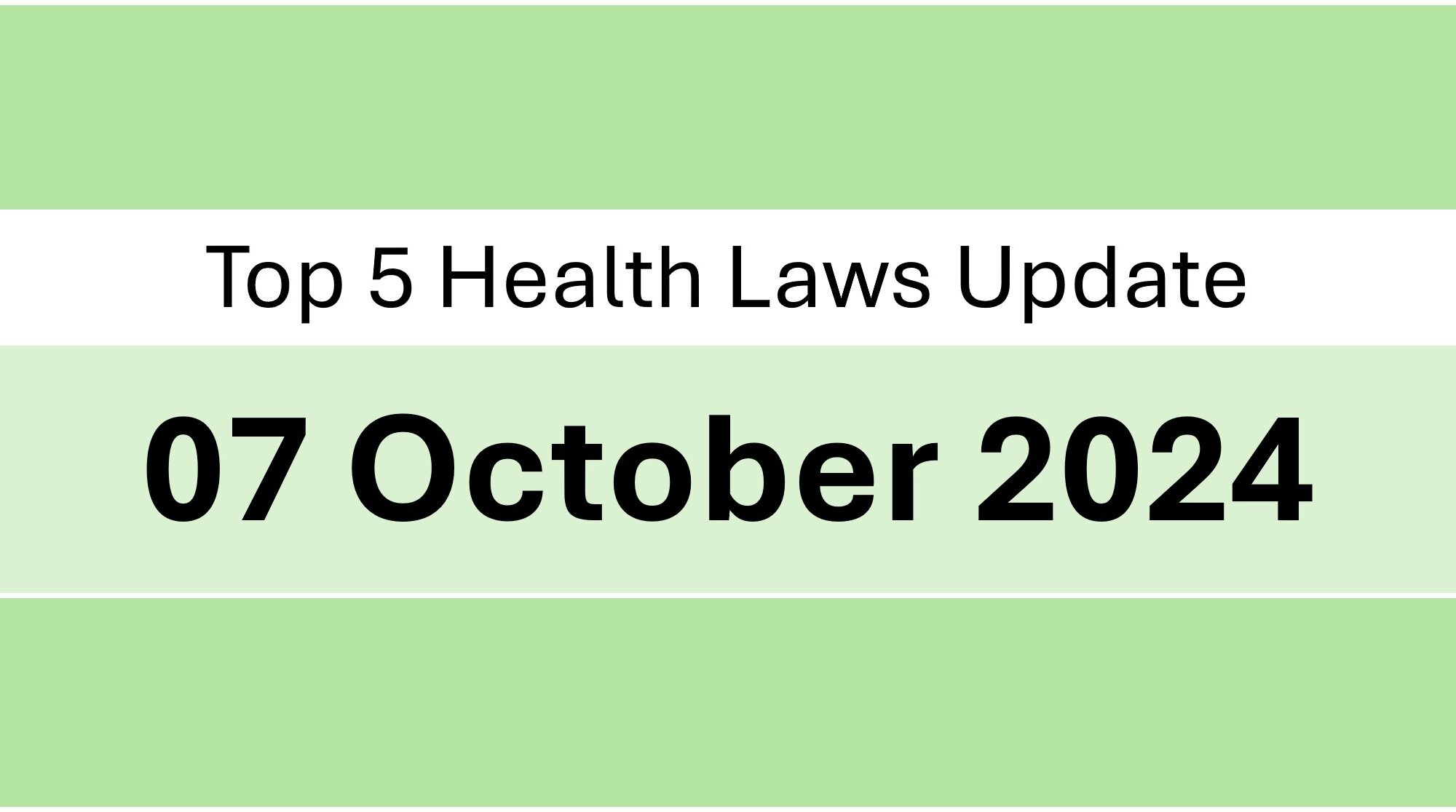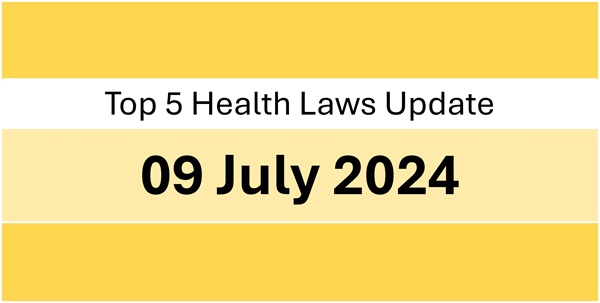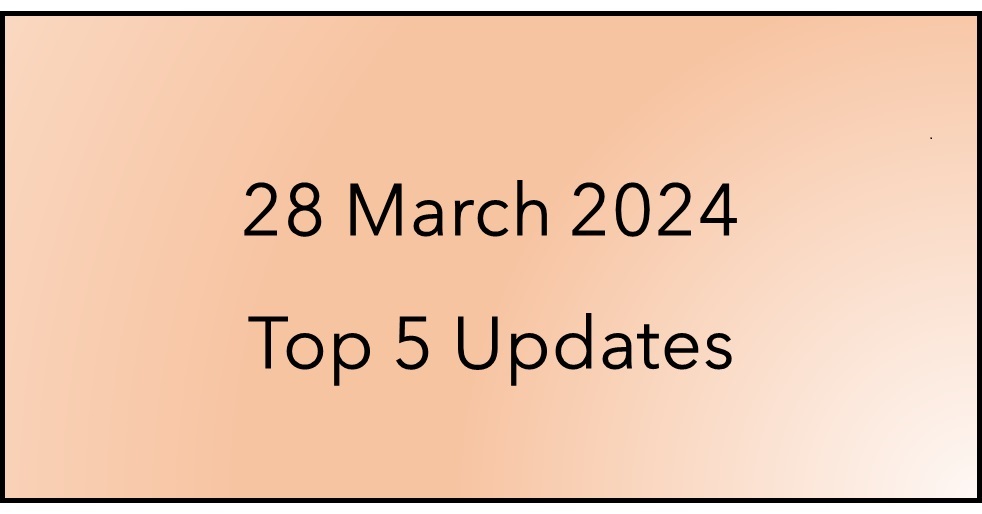Dear Readers, we are happy to share the most interesting legal and policy updates concerning health industry that we read today. We hope you enjoy reading it.
1. India’s Parliamentary Committee on Consumer Affairs, Food and Public Distribution, has noted in a recent report, that the National Test House (NTH) of the Consumer Protection Department does not currently have the expertise or offer the services for regulation certification of Radiation Emitting Medical Devices (including MRI machines and X-Ray machines etc.).
Source: bit.ly/4iKKIfi
2. The National Human Rights Commission of India, having taken Suo-Moto cognizance of a recent report concerning the negligent transfusion of blood to a patient in Rajasthan, has issued Notices to the Chief Secretary of the State of Rajasthan to conduct a thorough investigation into the circumstances of negligent blood transfusion.
Source: bit.ly/3ZCj4Z0
3. The Indian Minister of State for Health has clarified that the Central Drug Regulator, currently does not have any intention or proposal to ban Rantidine in the country, and that State Drug Controllers have been instructed to test for the levels of possible carcinogen N-nitrosodimethylamine in the wake of a warning issued by the United States Food and Drug Administration and European Medicines Agency.
Source: bit.ly/3P2aKgf
Source: bit.ly/49GB4pR
4. India’s Central Drugs Regulator, in supersession of an earlier Amendment in 2022, has issued an amendment to the Medical Devices Rules, specifying laboratories, and the Medical Devices that the laboratories are designated to test.
Source: bit.ly/3PnjiyF
5. The European Medicines Agency is set to implement to the proposed Electronic Product Information program to adapt pharmaceutical label information for easier representation on e-commerce platforms after conducting a successful pilot program.
Source: bit.ly/3DyWkS8

